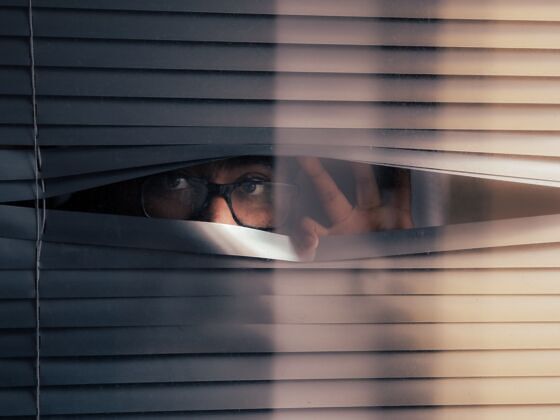You might assume that as Matador’s social media ninja, whenever the topic of social networking comes up, my view is all puppies and rainbows. Most pundits tout all of the benefits of social media, but I do think that as this new media platform evolves and slowly moves mainstream (remember when your grandparents finally got email?), there will be good and bad. Consider:
If you’re off ill from work but busy tending to your virtual garden on Facebook, you could get fired.
You could be sued for complaining about your landlord on Twitter.
Location Based Social Media: It hasn’t happened yet, but isn’t it convenient for your stalkers that you can now be tracked down to exact GPS coordinates?
In case you were wondering, there is an entire website dedicated to robbing people while they aren’t at home. Useful option in the event you’re a thrill seeker or a travel writer without a day job.
